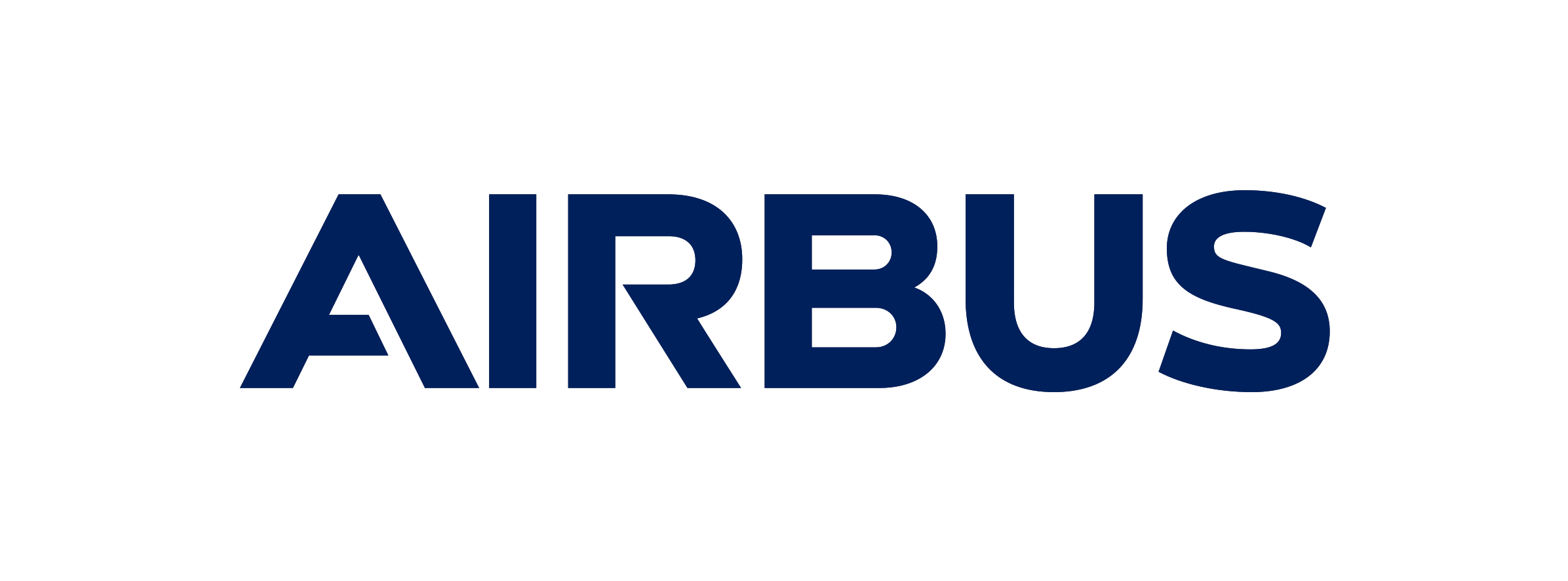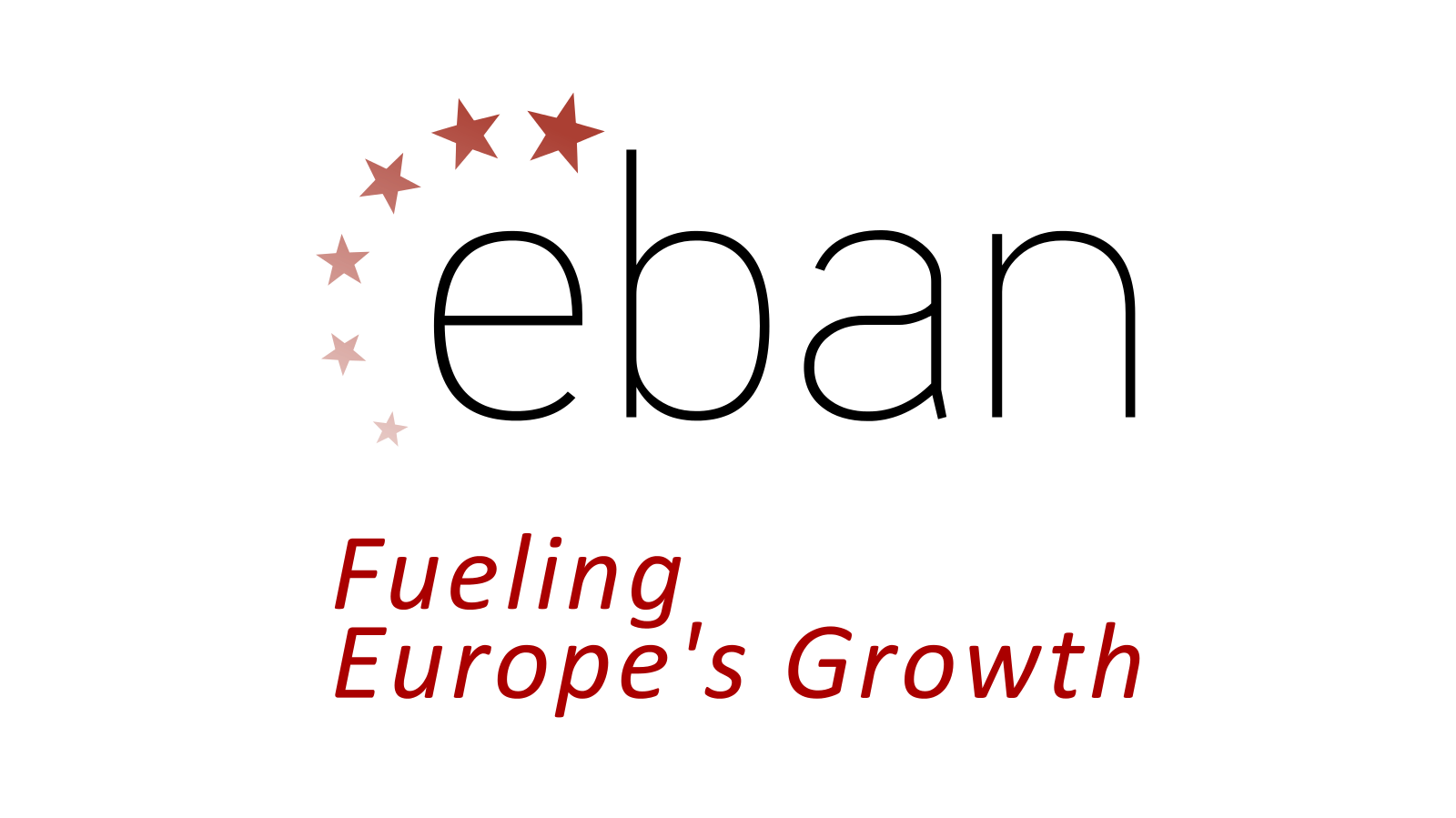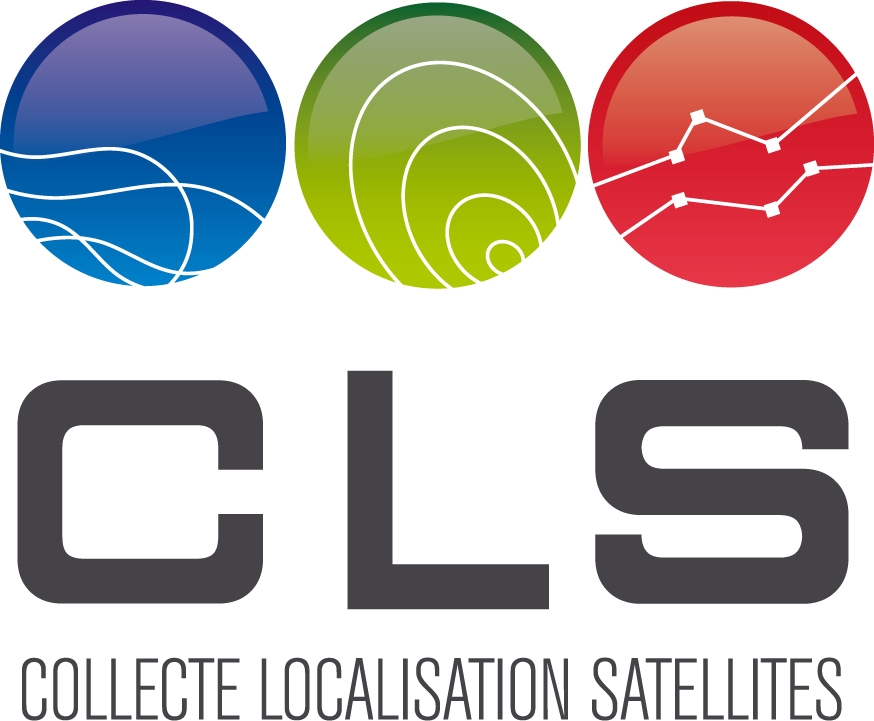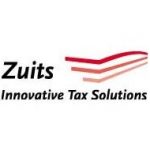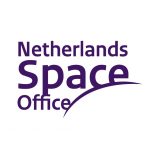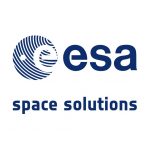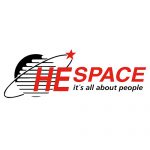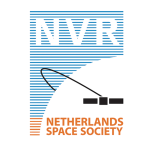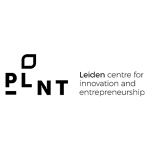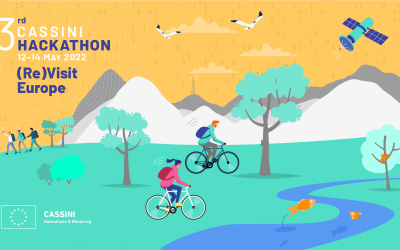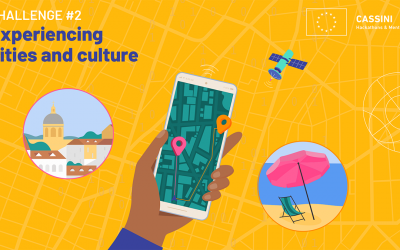A short text message in a Whatsapp group shared by five Delft-based aerospace engineering students. That was all it took to get Team Graviters to travel to Leiden on a sunny Friday afternoon to join the innovation contest called ActInSpace. “We applied without really knowing what it was,” team member Samuele admits. “But we didn’t hesitate for a second,” fellow-Graviter Giacomo adds.
Twenty-four hours later, the five team members were celebrating their big win: their idea had been picked by the professional jury from 15 pitches and will represent the Netherlands in the global finale event in Toulouse, France, at the end of June.
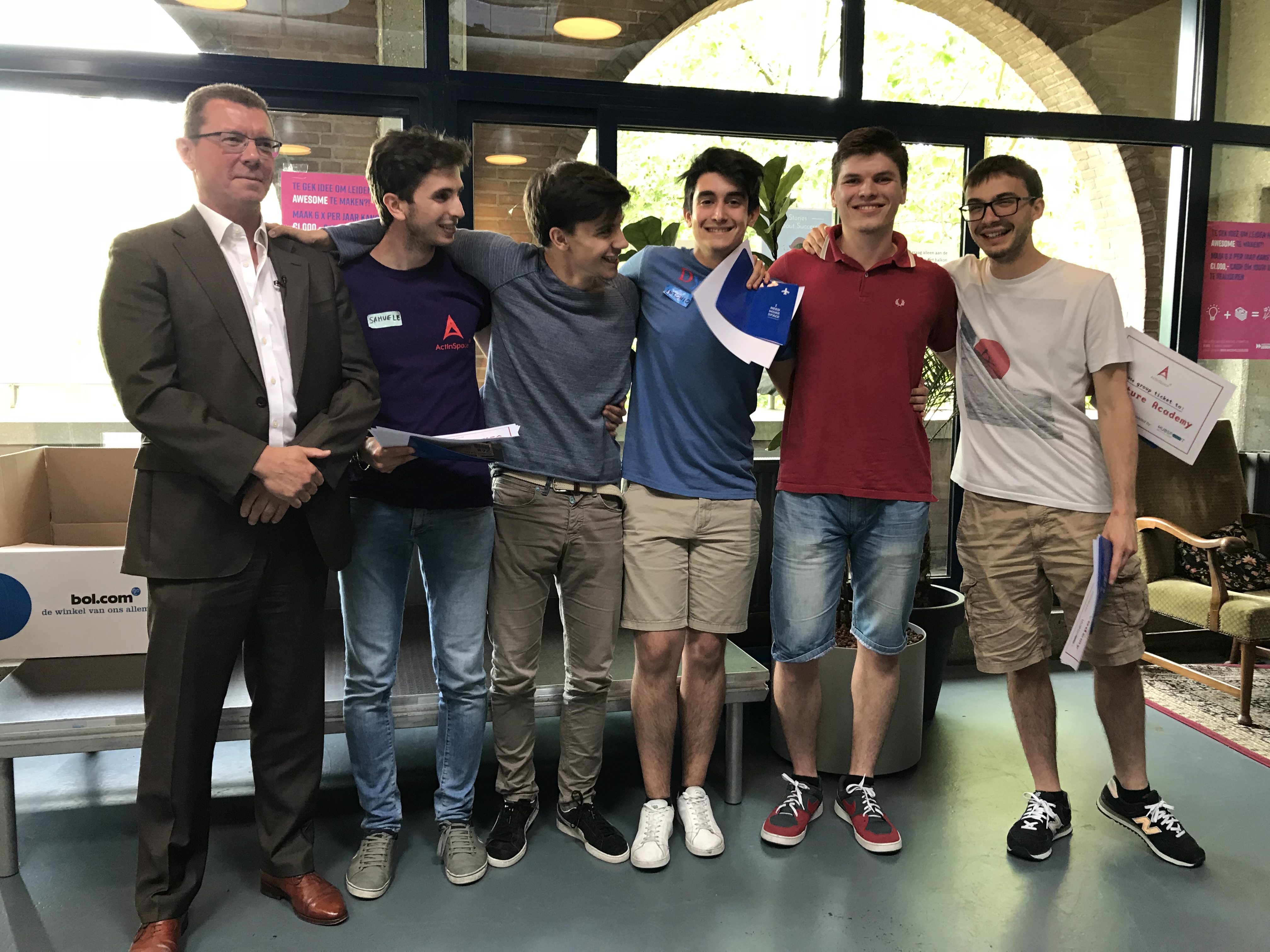
Applying your knowledge
ActInSpace is a global innovation contest that challenges participants to use space-based patents or datasets to come up with bright and innovative ideas for applications on Earth. The challenges are set by competition partners such as the European Space Agency and Airbus. Altogether, some 2200 participants in 70 cities all over the world participated in ActInSpace.
Read more about the event in the Netherlands here.
“It was a great chance for us to apply and test our knowledge,” says team member Andrea. But as first time participants, Team Graviters did not expect to win the competition. “It took us two hours to pick a challenge, while some other teams immediately went to work,” Samuele recalls. “And we went to bed early, compared to other teams,” André adds. “We were asleep at 3 AM.”
“We had a strong idea, but no software or smartphone app to demonstrate,” Giacomo says. But in the end, it is the strength of the idea that counts, and the jury was definitely convinced by Team Graviters’ pitch. Jury chairman Keith Muirhead even noted: “If it happens, if it can be made to work, then it will change the world.”

Mirrors in space
So what was this brilliant idea that blasted the jury away?
Team Graviters selected a challenge set by French space agency CNES: “angled orbital mirrors to light up an area on request”. The team decided to use ‘their’ space mirrors to redirect sunlight onto two large solar farms, one in the Mojave Desert in the USA and one in the Tenggen Desert in China.
By reflecting sunlight onto existing solar farms outside their normal operating times, these solar farms can produce more energy and fewer land has to be occupied to meet our planet’s growing energy demands in a sustainable way.
While the projected solar farms are in the US and China, the team looked to Russian space technology to make their idea feasible. “We ‘borrowed’ a Russian orbit called Molniya,” Giacomo explains. “And our folding mirror is based on a Russian design from the 70s.”
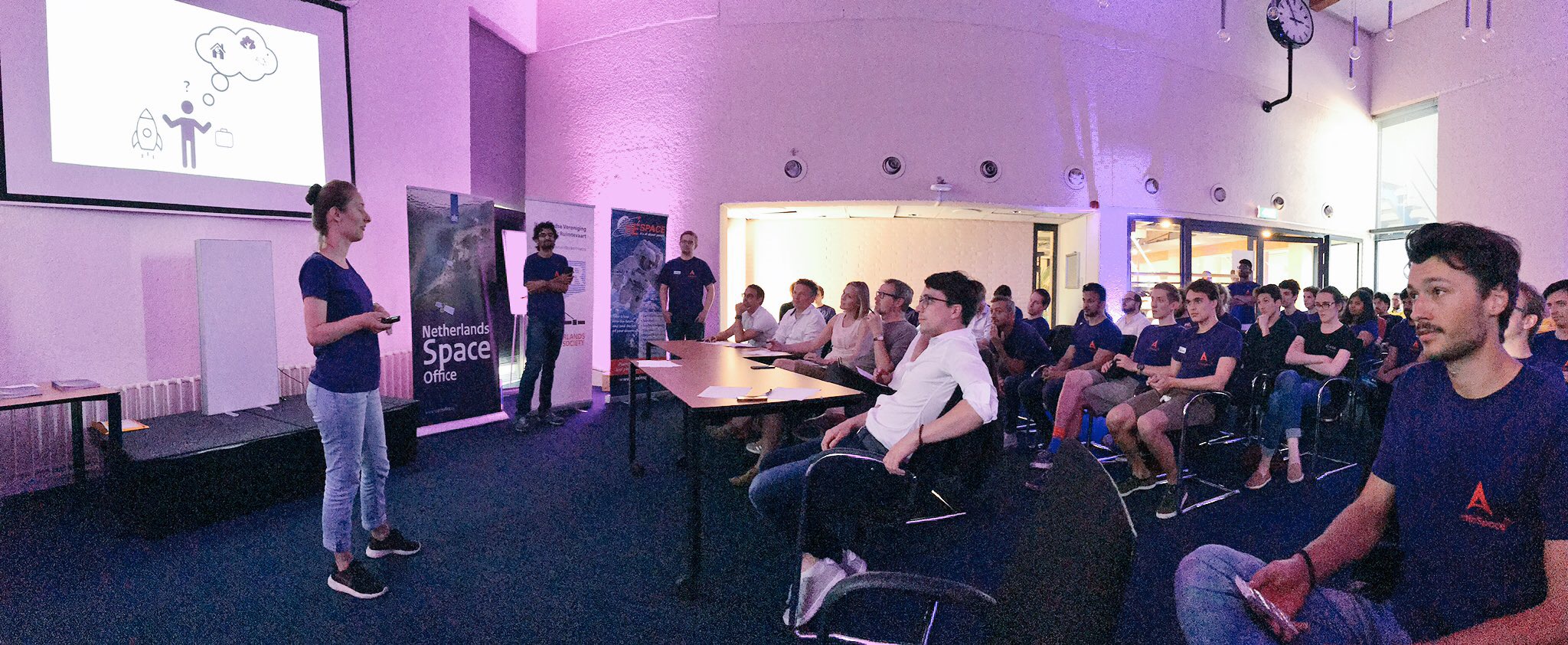
Safety and feasibility
The team worked through the night to establish the economic and technical feasibility of their project, but also looked into possible safety issues. “Of course we made sure there would be no problems with air traffic,” André ensures. “The technology is quite safe, because we don’t create a concentrated beam of light.”
“We can bend the mirror when it is not over target,” Giacomo adds. “And just to be completely safe, we selected solar farms that are in deserts, so there will be minimal impact on nature.”
Team Graviters now has a little less than a month to further develop their idea and pitch before the global finale in Toulouse, France. We’ll keep our fingers crossed for a Dutch win!
ActInSpace the Netherlands was made possible by:
ActInSpace was made possible by:
